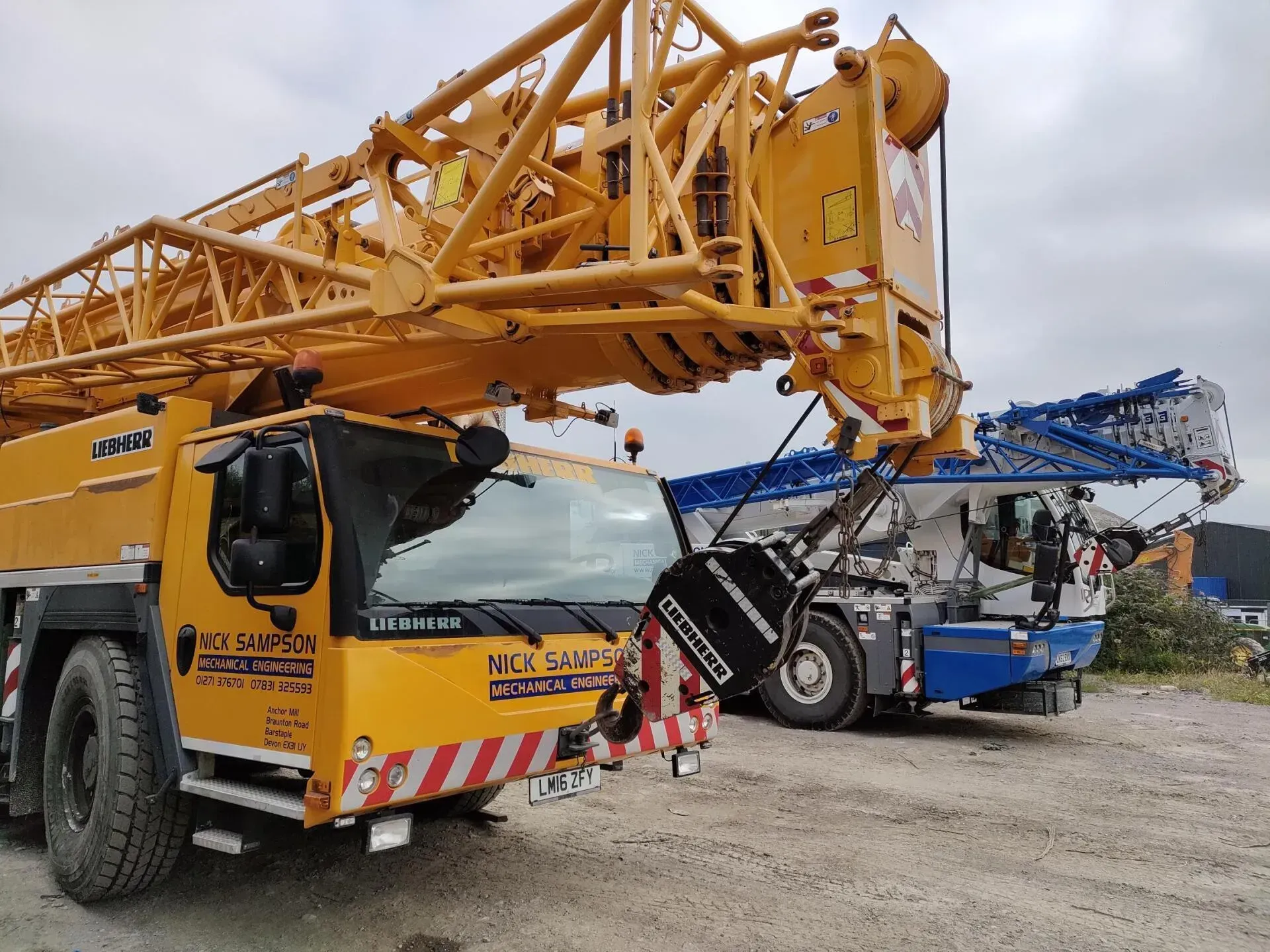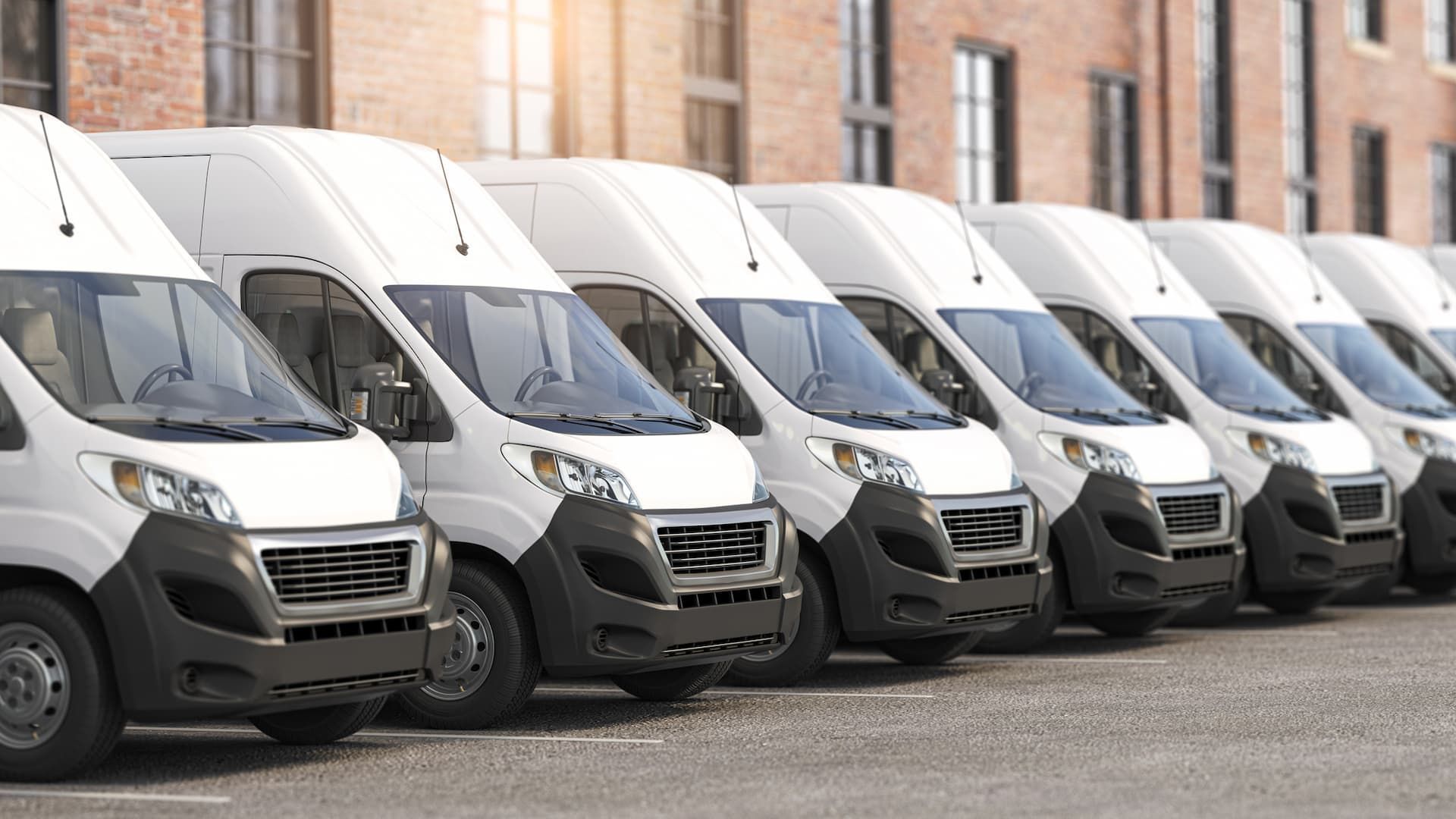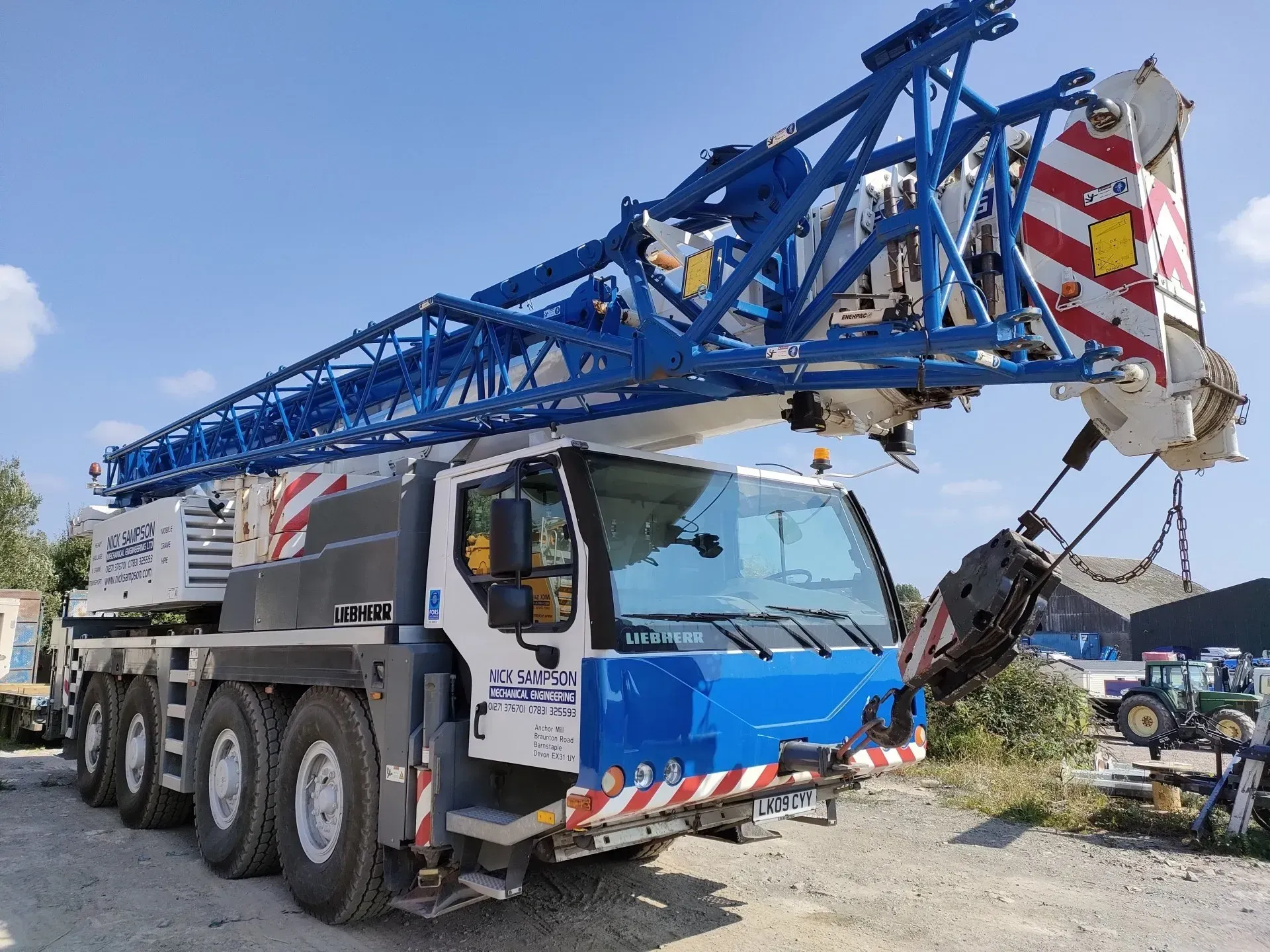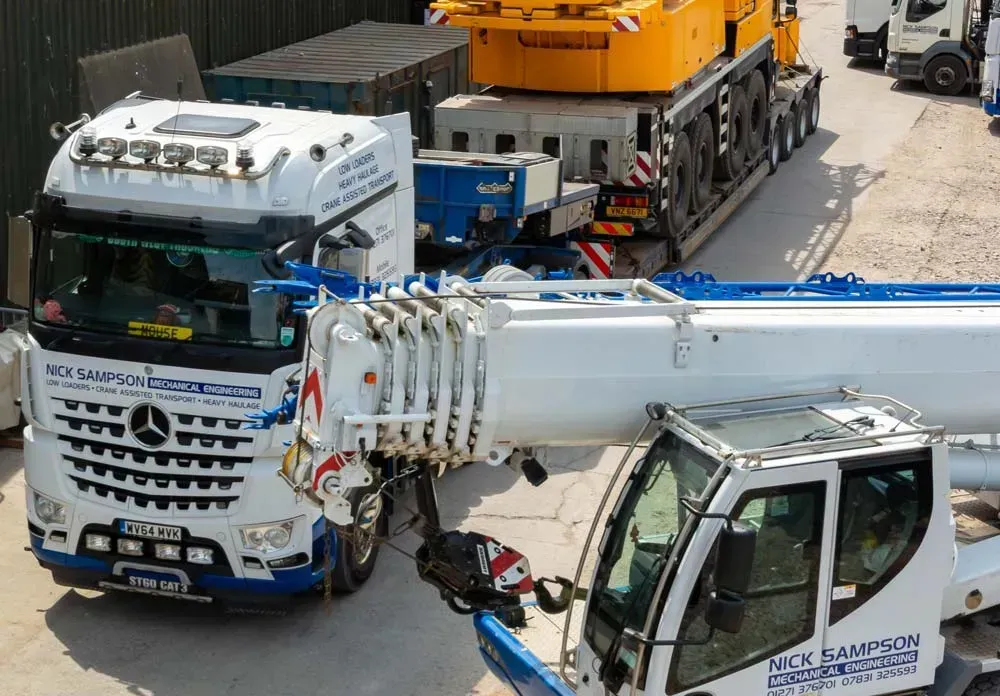Should I Hire Cranes For My Project?
Depending on the scale, location and nature of your project, hiring cranes may be a worthwhile investment overall. Often favoured for situations in which a permanent acquisition would be perhaps wasteful, hiring your machinery and site vehicles grants you access to a selection of quality branded options which you would perhaps otherwise not be able to afford or attain. This is simply the tip of the iceberg when it comes to considering crane hire however, so strap yourself in and learn more about the process from industry leaders Nick Sampson.
Project Needs
A crane is a very specific kind of heavy-duty equipment option, that lifts large objects and transports them both horizontally and vertically. Many cranes can move while mounted on wheels, while others remain stationary on construction sites to lift steel, concrete, and other materials, highlighting their versatility. Suited specifically to your project, selecting the right crane option becomes more challenging if the objects that need to be moved are situated above a body of water, or if you're working on a construction site and some of the building materials can't be broken down into manageable pieces. Overall, every project has different requirements! So think before you hire.
Terrain And Conditions
Of course, the type of crane you should be pursuing will depend on the state and terrain of the construction or work site in question. You'll gain a lot of insight into which equipment will effectively help you achieve your goals if you are aware of the weather, spatial limitations, and site conditions. An all-terrain crane, for instance, might be the best option given the circumstances, whereas a mobile crane can move at the same speed over a variety of surfaces. Moving quickly between locations, all-terrain cranes are adaptable for a range of lifting requirements.
Load Type And Features
The weight of the load that needs to be lifted or moved using the crane is one of the first things you should take into account. To move the load, you obviously need a crane with a suitable lifting capacity. On the other hand, you’ll almost certainly waste time, labour, and money if you use a large crane for a small load, whereas a wrongly selected low-capacity crane can result in fatal mishaps and harm the load. You must also decide what kind of load you intend to move, and this may well determine whether your project is a success. Moving a liquid-filled tank, as opposed to moving a heavy machine or a concrete block will necessitate different lifting procedures.
Our Crane Selection
There are numerous varieties of mobile crane, and each one has a unique purpose. Mobile cranes are a common and useful crane for many industries, especially the construction industry. They frequently include a steel truss or telescopic boom mounted on a wheeled vehicle, because of their mobility and small footprint, mobile cranes are adaptable. Sometimes it can be difficult to get the crane close to the area where the materials need to be lifted, although you can get much closer on a nimble mobile crane than you can with other variants.
Possessing a capable fleet of vehicles, we retain a wealth of industry experience, able to carry out high-quality yet cost-effective servicing, maintenance, hire options and repairs for commercial and heavy goods transport. If we offer a particular service that you’re interested in, but would like to learn more about, contact our capable team!
All goods carried subject to the following conditions.
1. The companies General Conditions.
2. The Road Haulage Association Limited Conditions of Carriage.
3. The Road Haulage Association Limited Special Conditions of Carriage of Abnormal Indivisible Loads.
Full details available on our website.
All Cranes are hired out under the appropriate CPA Terms & Conditions. Acceptance of our crane onto site will be deemed to be acceptance of C.P.A conditions which shall take precedence over any other conditions applicable.










